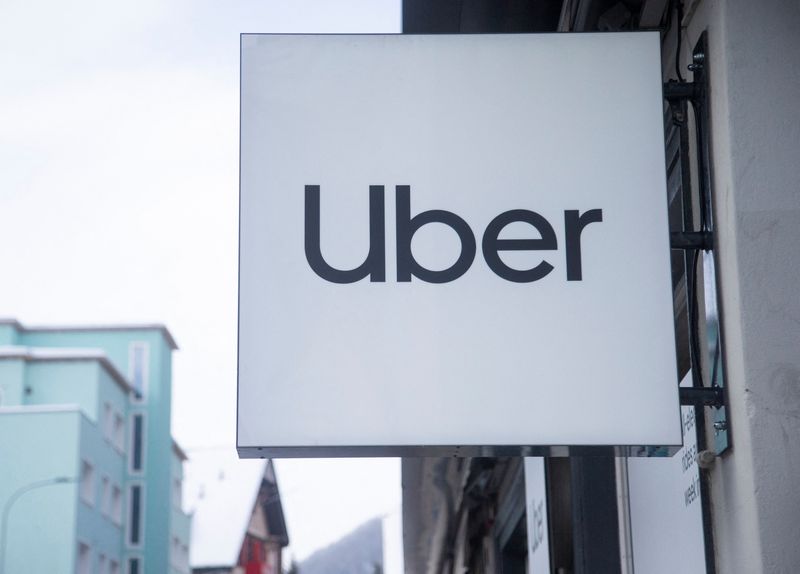
© Reuters. The logo of Uber is seen at a temporary showroom at the Promenade road during the World Economic Forum (WEF) 2023, in the Alpine resort of Davos, Switzerland, January 20, 2023. REUTERS/Arnd Wiegmann/File Photo
UBER
-1.56%
Add to/Remove from Watchlist
Add to Watchlist
Add Position
Position added successfully to:
Please name your holdings portfolio
Type:
BUY
SELL
Date:
Amount:
Price
Point Value:
Leverage:
1:1
1:10
1:25
1:50
1:100
1:200
1:400
1:500
1:1000
Commission:
Create New Watchlist
Create
Create a new holdings portfolio
Add
Create
+ Add another position
Close
DROOF
0.00%
Add to/Remove from Watchlist
Add to Watchlist
Add Position
Position added successfully to:
Please name your holdings portfolio
Type:
BUY
SELL
Date:
Amount:
Price
Point Value:
Leverage:
1:1
1:10
1:25
1:50
1:100
1:200
1:400
1:500
1:1000
Commission:
Create New Watchlist
Create
Create a new holdings portfolio
Add
Create
+ Add another position
Close
By Foo Yun Chee
BRUSSELS (Reuters) -Europe moved a step closer to giving so-called gig economy workers at online platforms such as Uber (NYSE:UBER) and Deliveroo (OTC:DROOF) greater social and labour rights on Monday, although companies said little would change under the watered-down rules.
The draft rules, first proposed by the European Commission in 2021, are aimed at an estimated 28 million workers in the EU, whose numbers are forecast to rise to 43 million next year.
European Union lawmakers and Belgium clinched a political deal last month, but only after diluting the Commission’s proposal. They then failed to muster enough votes in favour from EU countries as France, Germany, Estonia and Greece abstained.
That preliminary deal scrapped a set of criteria proposed by the Commission to determine if an online company is an employer.
Instead national law, collective agreements and case law will dictate whether a worker is an employee, in effect maintaining the status quo. The burden of proof will be on companies to show that their gig workers are not employees.
The draft rules ban the use of automated monitoring or decision-making systems for the processing of certain types of personal data of persons performing platform work, such as biometric data or their emotional or psychological state.
“Ministers just approved the compromise text on the Platform Work Directive (#PWD). This will improve the rights and conditions of more than 28.5 million Europeans working in the #PlatformWork economy,” Belgium, current holder of the rotating EU presidency, said on social media platform X.
Uber said the status quo remains unchanged despite the EU countries’ endorsement of the February political deal.
“EU Countries have voted to maintain the status quo today, with platform worker status continuing to be decided country-to-country and court-to-court,” an Uber spokesperson said.
“Uber now calls on EU countries to introduce national laws that give platform workers the protections they deserve while maintaining the independence they prefer,” they added.
The European Parliament will now vote on the agreement next month before it can become law.
Source: Investing.com





























